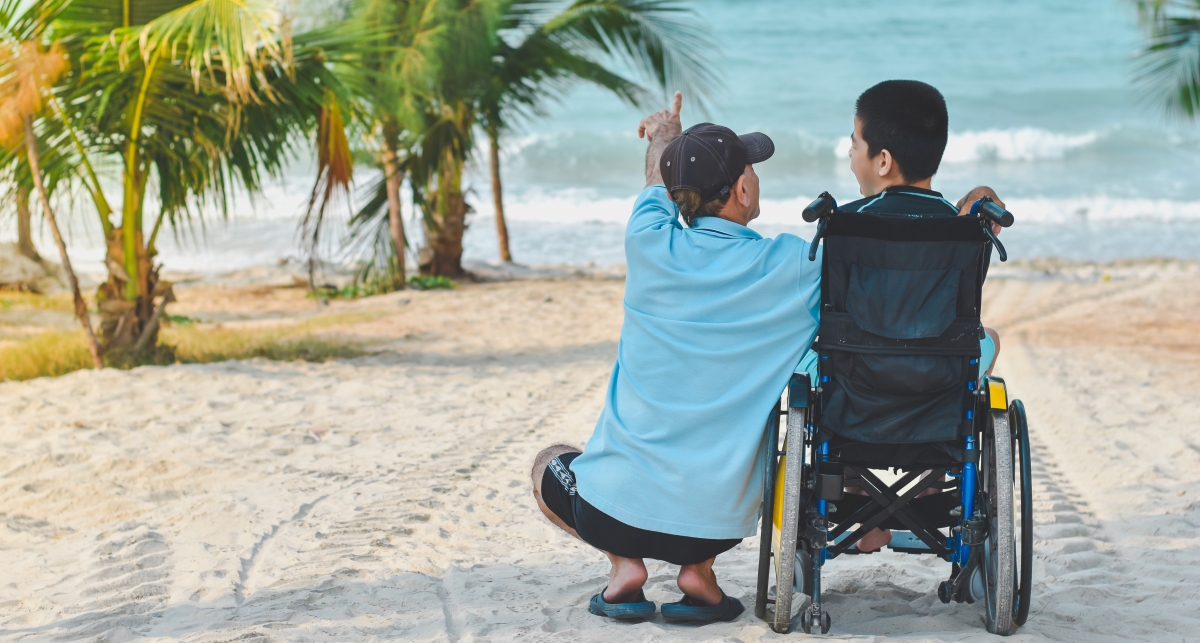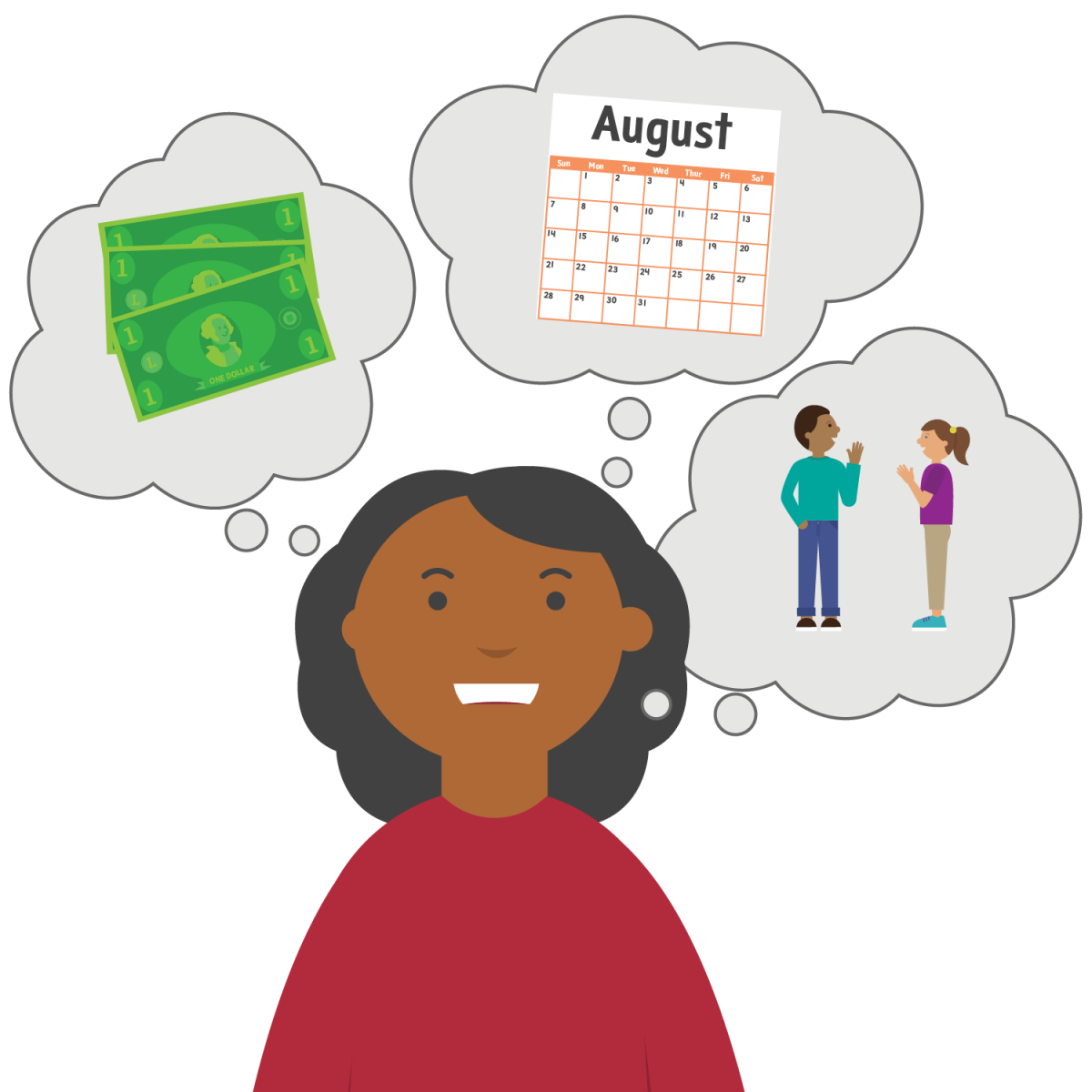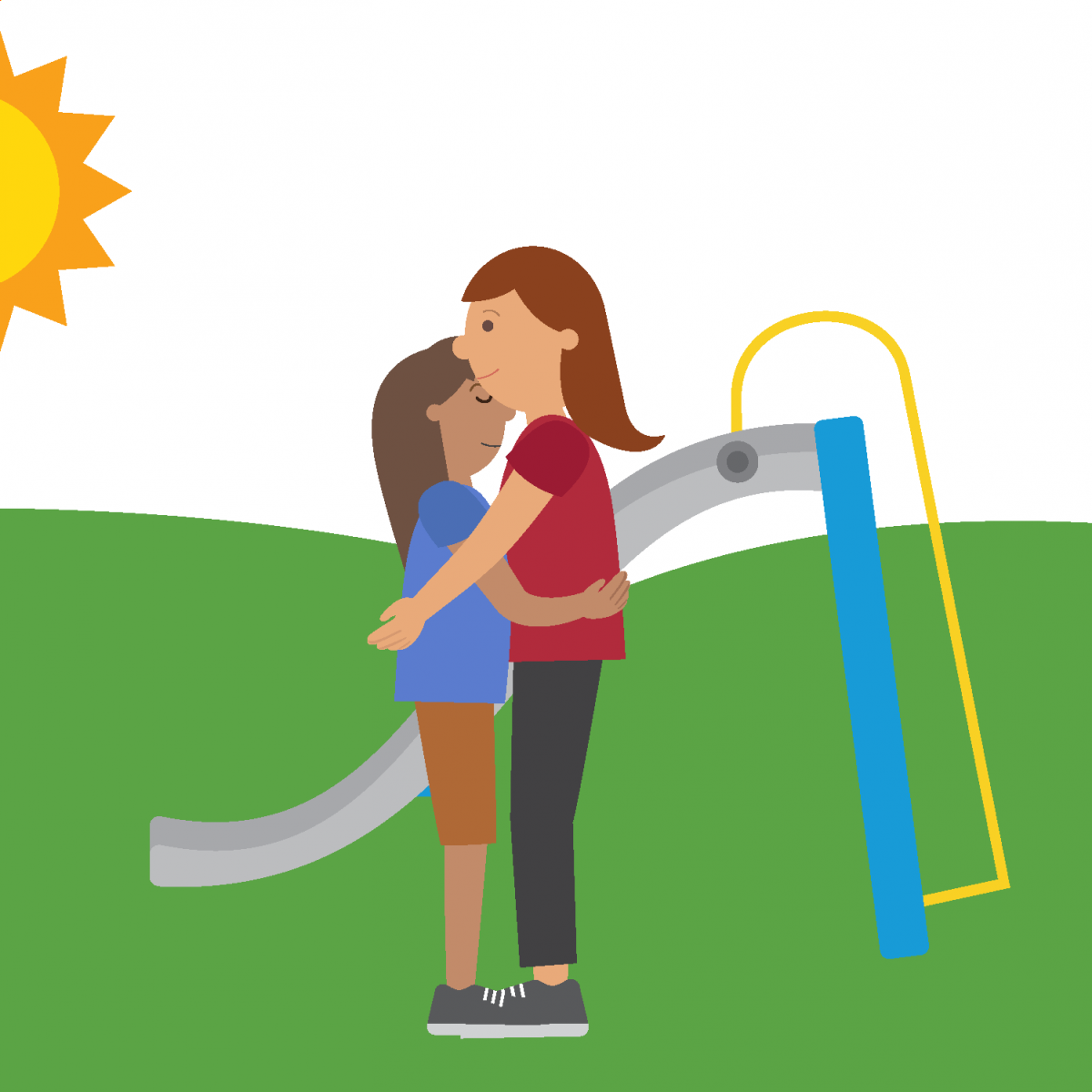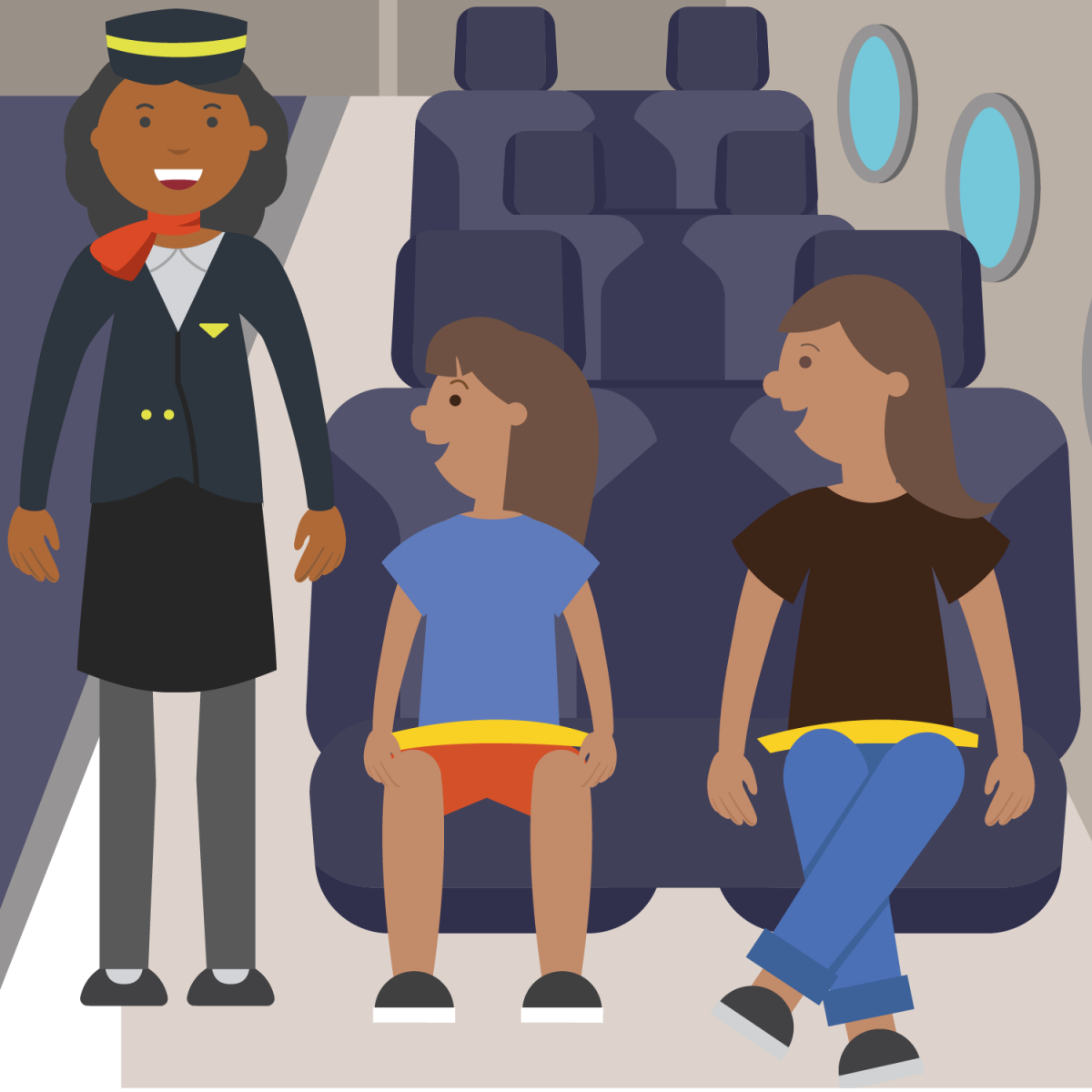November Newsletter | Traveling on the Autism Spectrum

.
Traveling on the Autism Spectrum
Lea este artículo en español aquí.
Travel can be an exciting and enriching life experience—there’s nothing quite like learning from new people and places. It can also be an experience fraught with worry and anxiety—especially for travelers on the autism spectrum. Parents and caregivers of the neurodiverse often ask, “Can I help my child cope with new spaces and sensory experiences?” and even, “Can I help prepare my child for travel, and make travel more enjoyable for them?” (Spoiler alert: The answer is YES!).
In this month’s Autism Annex podcast episode, author Dawn Barclay answers these questions and more while discussing her new book, Traveling Different: Vacation Strategies for Parents of the Anxious, the Inflexible, and the Neurodiverse.
Pre-Trip Preparation
Dawn says, “Preparation might be the most important part of a successful trip.” Knowing what to expect on the journey, from transportation to unfamiliar sleeping arrangements, can help build expectations and even comfort.
Airports, for instance, can be difficult places to navigate, and individuals with autism can be mistakenly flagged for “suspicious” behavior. However, more airports are offering accommodations including sensory-sensitive spaces, and many acknowledge the sunflower lanyard program, designed to subtly inform airport staff of a hidden disability.
Before embarking on a trip, prepare by using our "Exploring New Spaces" Social Script, and plan for inevitable delays and long lines by reviewing these waiting strategies!
Staying Safe
Safety first! Check out the October STAR Newsletter for safety strategies that work close to home and far away. Some highlights include:
- Our free "Lost in the Community" social script
- Ideas for using medical ID bracelets to share essential health and contact information
- Tools for teaching stranger safety
Making the Most of the Travel Experience
- Call or research ahead of time and ask questions. Do staff members at your hotel, resort, or restaurant have training in interacting with neurodiverse clients? Are helpful accommodations available, such as preboarding or sensory-sensitive spaces?
- Have a backup plan (or two!) for everything. In case of food challenges, for instance, bring a supply of go-to meals and snacks.
- Consider consulting a Certified Autism Travel Professional (CAPT), or contact a Certified Autism Center (CAC). CATPs have knowledge and training in autism-related needs for all aspects of travel, while CACs are dedicated to serving autistic individuals and often have special accommodations and specially-trained staff members.



